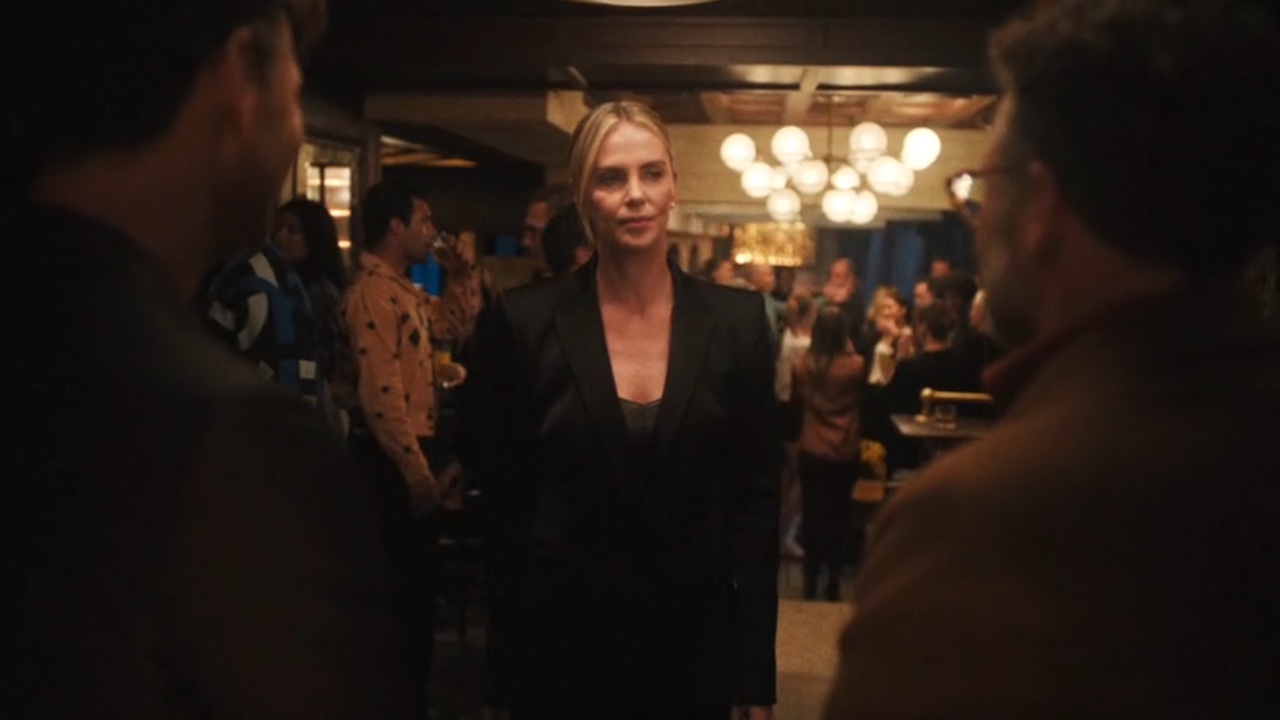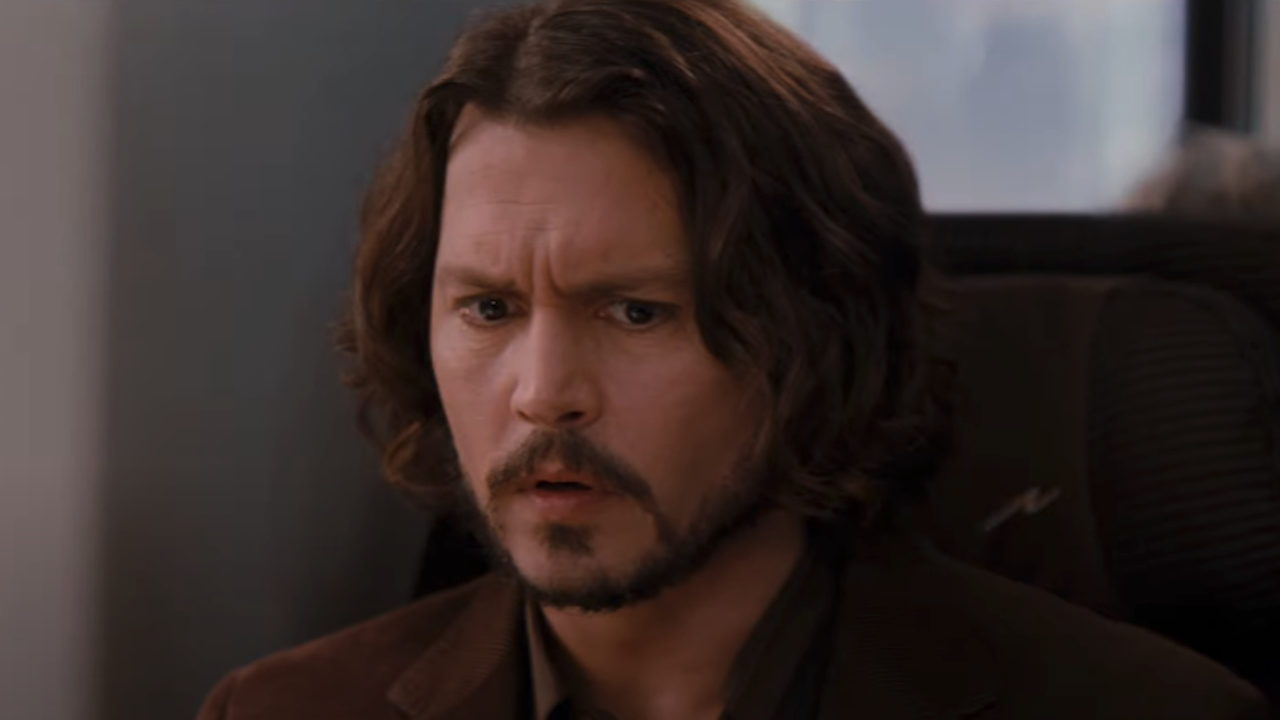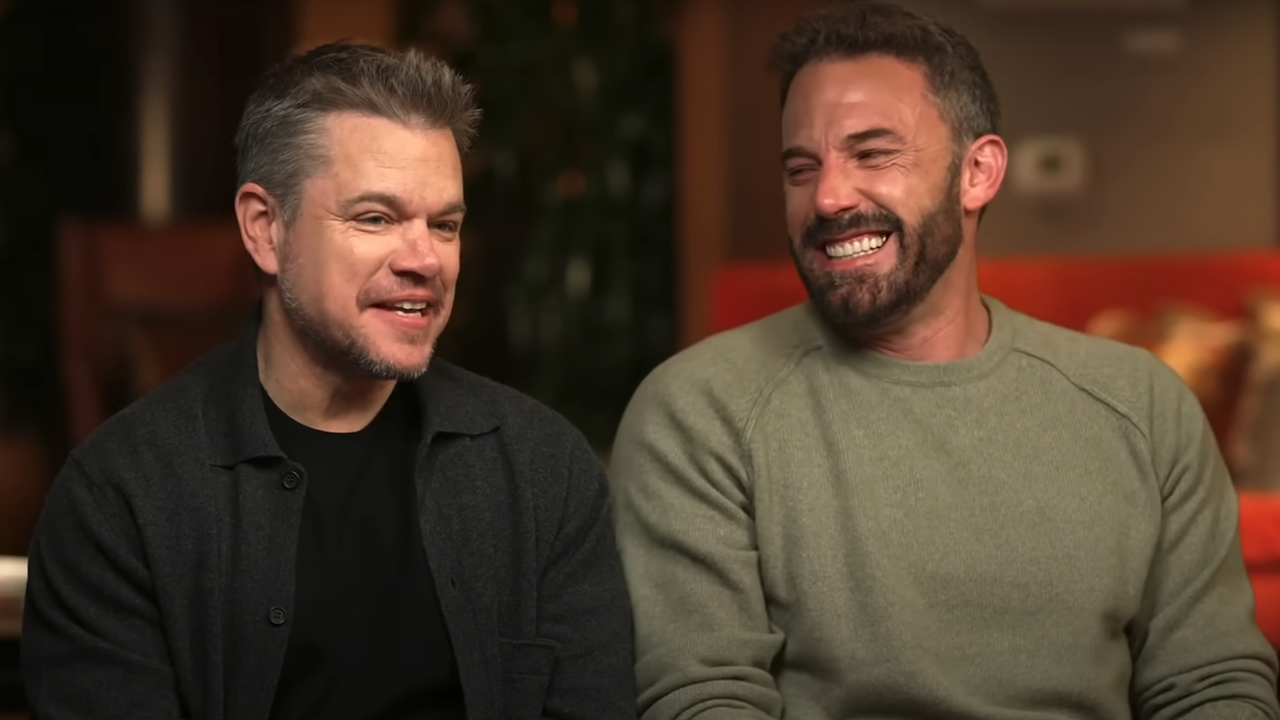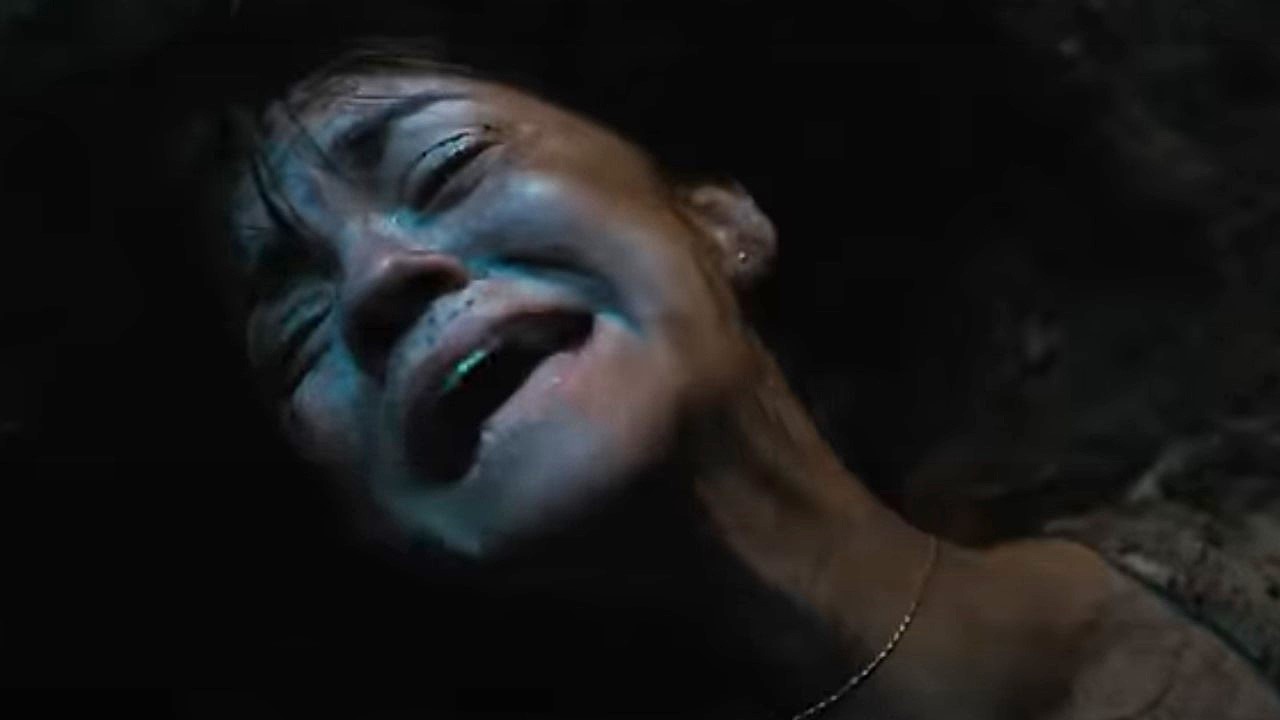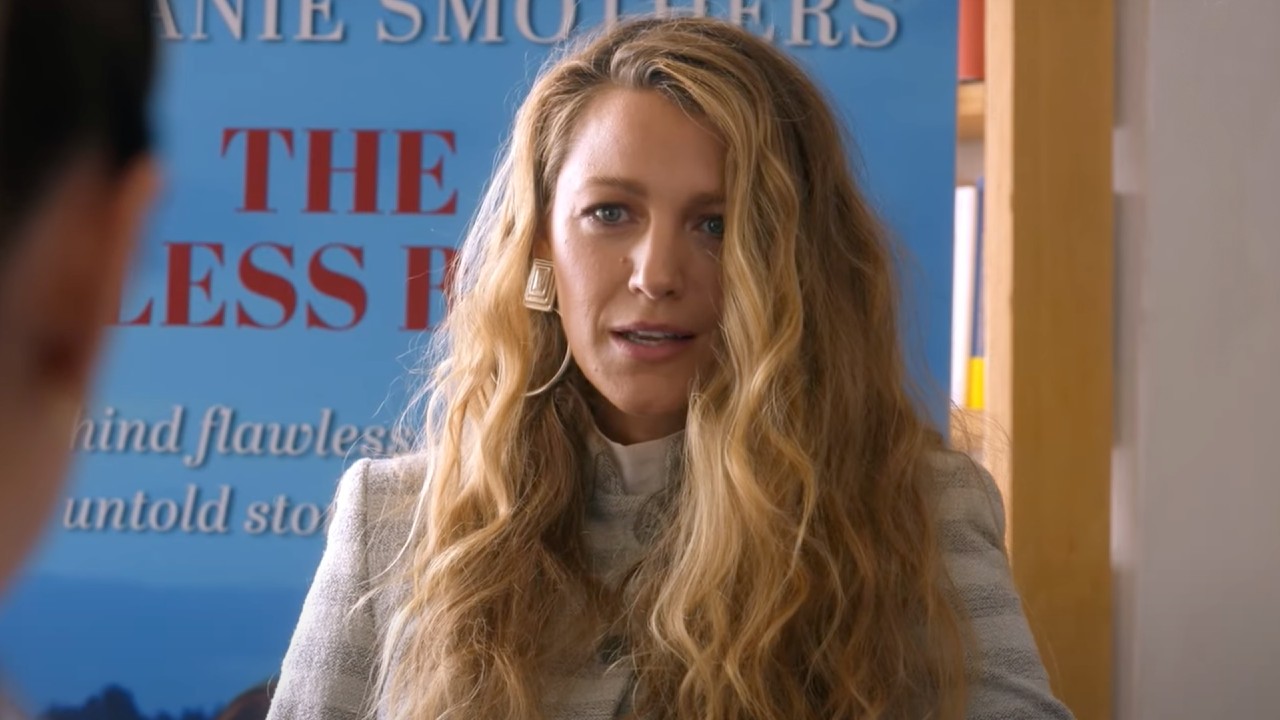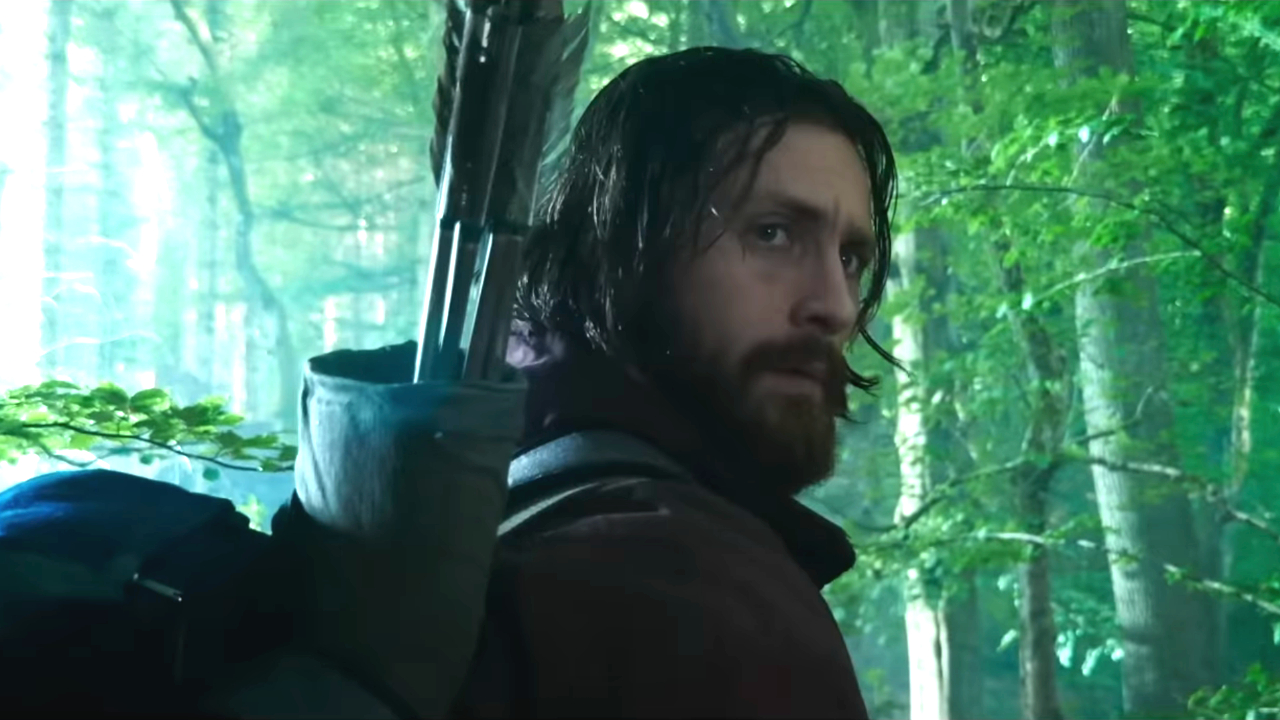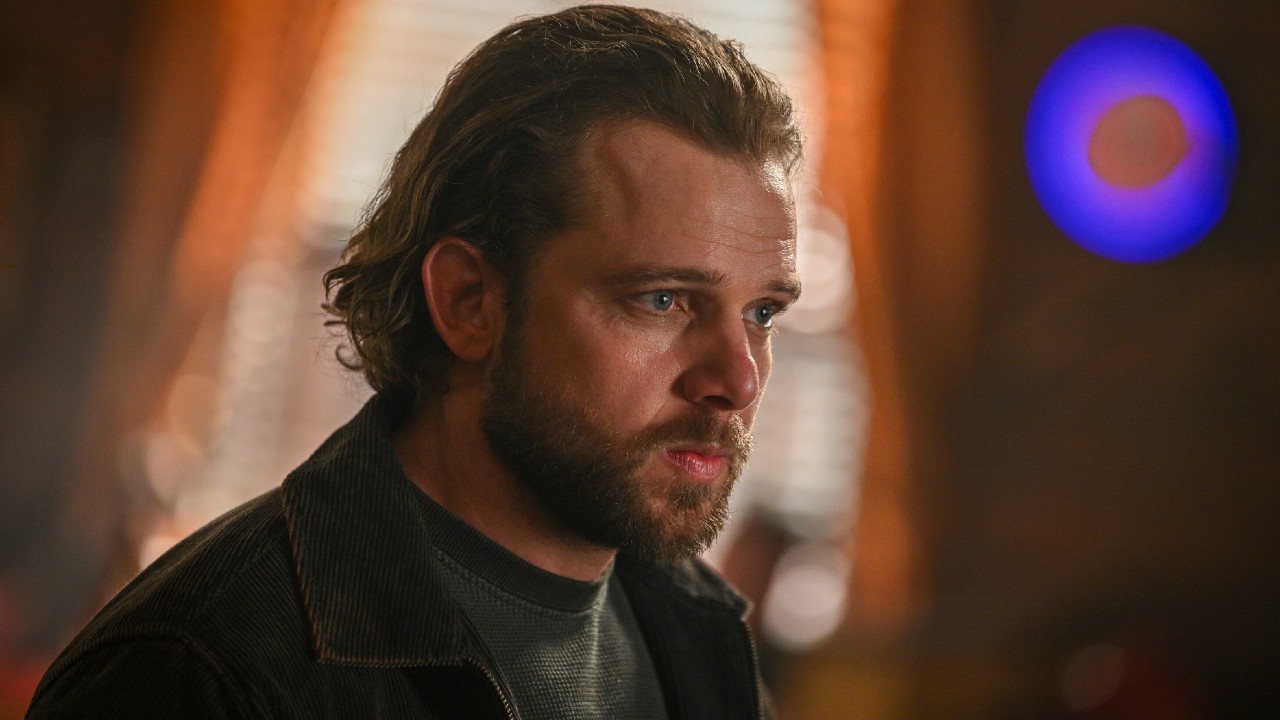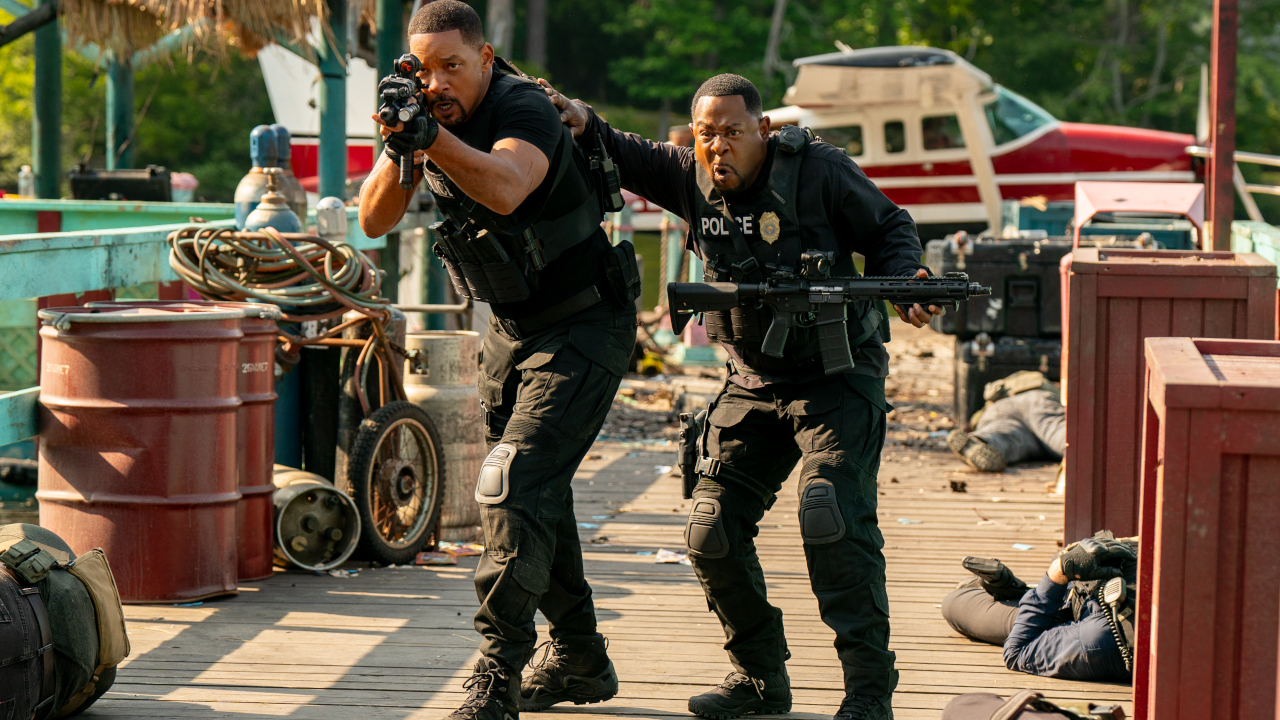Interview: Somewhere Writer-Director Sofia Coppola
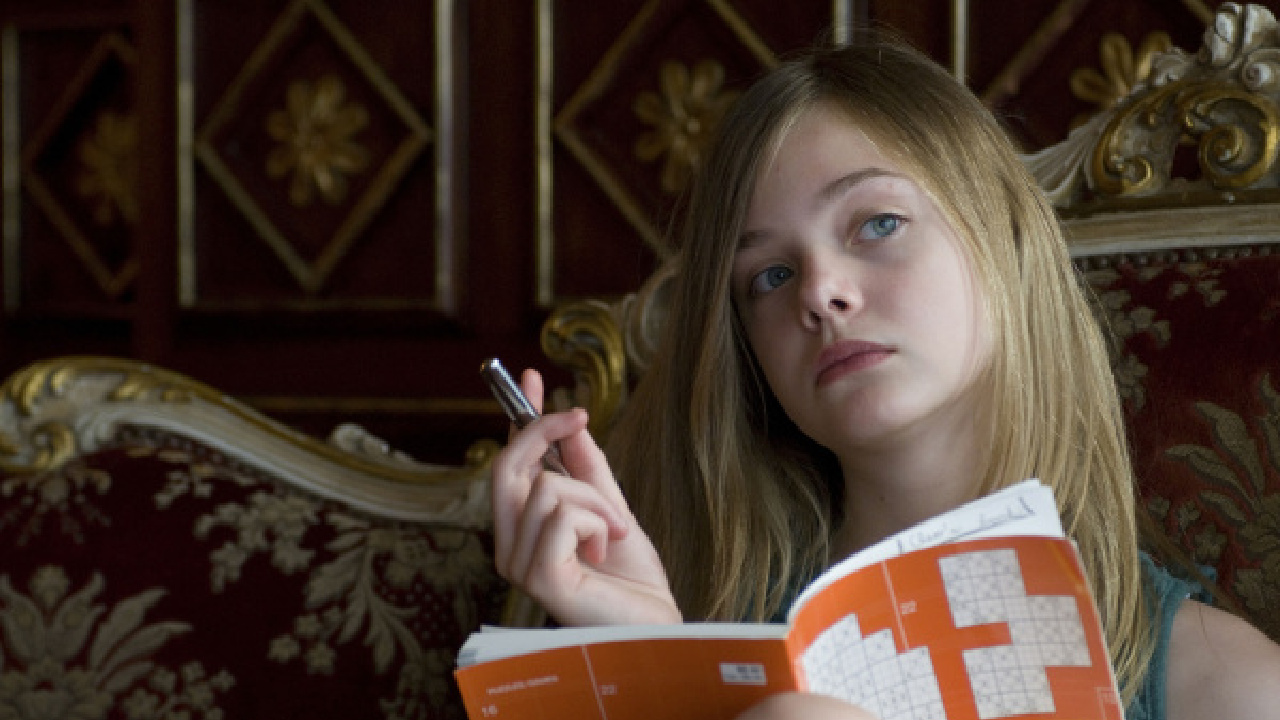
We’ve seen The Virgin Suicides, Lost in Translation, Marie Antoinette and now Sofia Coppola is gearing up for the release of her fourth feature film, Somewhere, in which she returns to the far more natural and minimalistic style of filmmaking that earned her praise for her first two films.
Stephen Dorff stars as Johnny Marco, a big time actor in between gigs with nothing else to do, but hang out with a pair of exotic dancers, drink, smoke and drive his Ferrari. Johnny is forced to adjust and rearrange his priorities when his ex-wife splits, leaving him with their young daughter, Cleo (Elle Fanning).
Somewhere is a film that relies almost entirely on its main character and it seems as though that’s exactly what Coppola intended it to be. As much time as Coppola spent with Dorff developing the character, she also worked closely with her cinematographer, Harris Savides, who was challenged with the task of shooting long yet visually stimulating shots with minimal or no lighting. Somewhere isn’t just any old film that Coppola threw together; it’s something that was meticulously planned and thoughtfully constructed all while maintaining a loose environment in which her cast and crew could expand on her image.
See what Coppola had to say about her experience working in the famous Chateau Marmont, how much of the film is based on her relationship with her father, Francis Ford Coppola and much more in the interview below.
There’s one particular scene with the two blonde dancers and Johnny falls asleep while they’re performing and you just stretch that moment out. What kind of effect were you going for with that?
Sofia Coppola: I was trying to start the movie in his state of mind and his point of view. It should be exciting to have these twins in your room, performing, but it's not the first time; they've probably come every week for months and he's on painkillers. I didn't want it to feel exciting; he's kind of stuck and just really feel like you’re alone with someone in their private moments.
Where did you get the idea for those synchronized strippers?
CINEMABLEND NEWSLETTER
Your Daily Blend of Entertainment News
I don't know [laughs], I just thought like he wouldn't have one pole dancer, he'd have twins and it still wouldn't be exciting. I just made it up, but I feel like you can call room service in a hotel and you can get anything.
Can you talk about the casting of Stephen Dorff?
I just think he's always been a really great actor and we haven't seen him in this kind of role and I just thought he was the right guy for it. I knew him in life and I just think he's very sweet and genuine and I thought it would bring a lot to the part because the character's not that likable so I thought you needed someone sweet.
Is it true that you listen to music when you're writing?
Yeah, I don’t think it’s that far out. I think it's helpful to get yourself in an atmosphere and mood away from the rest of the world. It seems natural to me.
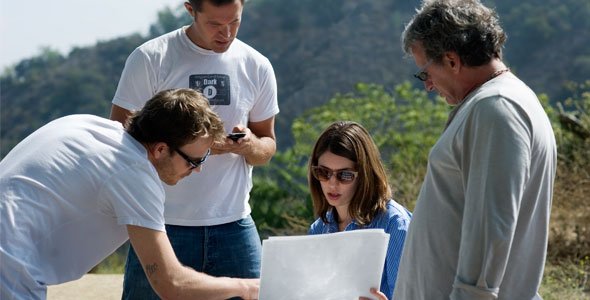
What sort of stuff were you listening to when you wrote this?
What was I listening to? The Brian Ferry song that's in the end of the movie and Phoenix and Sebastien Tellier and instrumental stuff too because I think when it’s writing it's distracting to have too much going on.
Speaking of Phoenix, what’s it like to collaborate with your partner on film scores? Also, how has your perception changed of the band considering your relationship with the lead singer Thomas Mars?
Oh, I always liked their music for a long time and “Tomar” did a song for Virgin Suicides, my first film, and he had a song in Lost in Translation. So, yeah, I always liked their music and when I was trying to figure out the music, I knew it was something they could do because of Tomar, I have similar taste. He gets my sensibility. I thought it would be nice to work together. It was great; I just sent them clips and they would send me music.
Stephen mentioned you had a list of film for him to see. Can you tell us about those?
There was a short film, Paper Moon. In Paper Moon I love the relationship of father-daughter so I asked him to watch that just to kind of see that dynamic because it feels like a buddy movie. And there's a French movie, a Chantal Akerman movie that Harris Savides told me about which is a woman alone in her apartment. It seems like it should be boring because it's these very long takes of her washing her dishes and doing these mundane things, but it's really fascinating because the actress is so great. She's so natural, so it was important for me that when he's alone to really feel that he's not acting.
The classic films about actors and the acting world, did you think about those?
I didn't because I wasn't really thinking it was important that he's an actor, so I wasn't really thinking about that. I felt that I was more interested in the aspect of the father-daughter relationship or just him kind of having an existential crisis. It doesn’t really matter to me that he’s an actor, although I did think it was interesting with all our obsession with celebrity culture to see another side of that, but I didn't want it to be too much about the film industry and too inside. I wanted that to be more in the backdrop.
How do you prepare for a film like this where the dialogue is so sparse and so much is told through the camerawork? Is it very well planned in terms of your storyboard and shot list or do you kind of feel it out as you go along?
It’s clear to me when I write the script and have an idea in my mind of what I want it all to look like, but on the day it’s more intuitive working with the cameraman about how we’re actually going to do it.
Was it necessary for your father to see the finished product? Were you looking for some approval from him or for him to suggest anything?
No, I just showed it to him. I’m working with our family company, so just to include him. I showed him the movie when it was done and I was happy to show my parents like any kid, it’s nice to show your parents.
Did he give you any notes?
No. He just appreciated that I was doing my thing.
When you write these scenes with no dialogue, how do you structure them so that then, you can put in that improvisation?
I just describe it how I see it. There are scenes that are improvised like when they’re playing Guitar Hero and things, but then the other ones are written out. To me, even though there’s not dialogue, it’s clear to me what you’re trying to convey with those moments. The actors can express a lot with a look or a gesture.
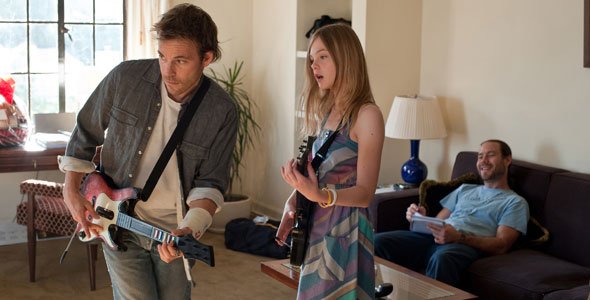
Can you tell us about that scene with the masseuse?
That happened to a friend of mine where he was having a massage and the masseuse stripped down. It was just what you see that he takes his clothes off and then he gets dressed again.
Was the masseuse naked during that scene?
Yeah, he took his shorts off. Yeah, he was completely naked.
Was that hard to negotiate?
No, you can find actors up for it [laughs], but we shot it in a way that he could be comfortable.
How did you come to the decision of having the opening scene with Johnny driving around in circles repeatedly?
When I started the script, I thought about this character in a Ferrari and I imagine those guys with these car collections can’t drive them in L.A., so they have to go to some track out in the middle of nowhere, so I was just imagining that. Also, to have a visual metaphor so you know right away who the character is and what his state is and that he’s going in circles.
Did you ride in the Ferrari?
Yeah, I drove it around the track. I wish I kept that car.
When you first meet this character behind the wheel with the cast on, I immediately thought Shia LaBeouf.
Oh, I never thought about that.
Stephen told us you didn’t want to base his character on anyone.
Yeah, I didn’t think of him, but I had a dozen different people in mind when I was writing the character I put little things from different people in there, but it wasn’t based on one person; I wanted him to be his own guy based on folklore.
What was it like to work with the DP, Harris Savides? He tends to do a lot of very stylized work, but this film is very natural and intimate.
I loved working with him because he was really open to this way of approaching the movie of how simply we could tell the story and I didn’t want to be aware of the camera. I wanted to feel like you were alone with this guy, so it was important that the camera doesn’t move when we have these long takes. He was really into this more simple approach.
Is there a secret to the way that he lit the scene that created that intimacy?
There’s no lighting; it’s all natural daylight. He’s so talented and makes it look beautiful and is really up for working with a small amount of equipment and the available light.
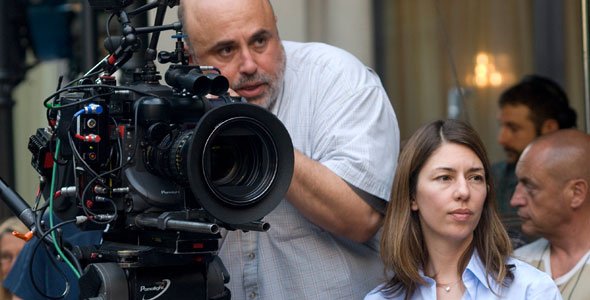
What was your father’s reaction to seeing this film? Naturally, a lot of people are speculating about how it could be based on your relationship.
I don’t think that it’s naturally because everybody has parents so if anyone has a parent in a story you would think it’s them? It doesn’t make sense to me at all, but I think people look for any kind of connection. I haven’t talked to him about it. He just liked the movie. All I can say is that my dad’s not like Johnny Marco and my childhood wasn’t like that, but definitely I tried to put in personal memories just to make it real between things that characters could do. I remember him teaching me about craps in a casino and that’s something that was fun that kids don’t usually get to do. So that aspect of the kind of fun, bigger-than-life, father I tried to put in the story.
Did you think about other memories that other people shared with you about their father/daughter relationships?
Just because I just had my daughter, I was thinking about how that changes your perspective and I imagine a guy like that, in that lifestyle, what it would be like. I had just read the book The Descendants, which I’m excited about that movie and I really liked the father/daughters in that story. I was thinking about that in my own life just having become a parent.
Can you talk about Benicio Del Toro’s cameo? It’s such a surprise to see him.
Yeah, I wanted to have a little flavor of what that hotel is like and he’s someone that hangs out there. I didn’t want to have too many cameos and make it too Hollywood, but just to show a kind of surreal moment and I asked him if he would come do it and he was nice to do that for me.
In terms of what that hotel is really like with so much lore around it from Hedy Lamarr checking in and misspelling her name because she had just gotten it, to more recently, Britney Spears smearing her dinner all over her face.
Did she stay there?
She smeared her dinner over her face at the restaurant.
I don’t think I heard that story either.
Yeah, there’s so many. Do you have a favorite?
A friend of mine is working on a documentary of the history of the Chateau over the different eras, which I think will be interesting because there are so many stories.
So do you have a favorite kind of story from the Chateau? Was there any reason your picked 59 to be the room?
No. I had stayed in the room, but it was more for the light and that it overlooked Sunset and Helmut Newton stayed in 49 and he’s a hero of mine and I looked at his photos. But yeah, it’s hard to pick one. I feel like that hotel there is a sort of decadent side to it and I don’t know if people staying there have that in mind. It just feels like it brings out people’s naughtiness. Andre [Balazs], the owner, was saying they tried to make it a safe haven where things could go wrong.
What was the process like to decide exactly how much background information you provide for the audience about Johnny versus how much you hide?
I don’t try to hide anything, but I don’t like to over-explain things. I like to give enough information that you can get an idea of who this guy is and hopefully learn more about him as we go.
How’d you wind up casting Chris Pontius? He’s great in Jackass, but I wouldn’t expect him to be in one of your films.
Yeah, it’s funny, I just knew him from real life and I’ve seen him with my friends’ kids and he’s always really sweet with kids and I figured from Jackass he’d be a good improviser, but I’ve always thought he was funny and I hoped that his real personality would come through and I was really glad.
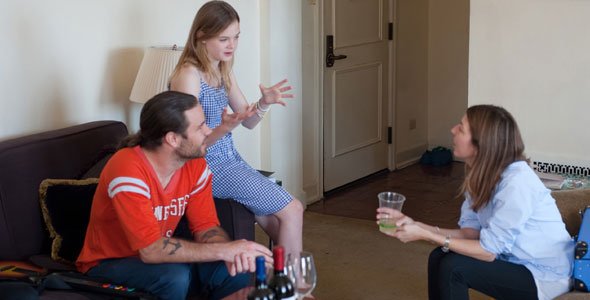
I think they call the Marmont the “little castle on the hill” and I think in your last film …
Marie Antoinette?
Yeah, there were so many exterior shots of Versailles and not so much in this one. It’s a really interesting building from the outside, but I feel like it’s much more interior what you’re doing.
Yeah, I tried to stay inside.
Why?
I just wanted to be inside his world and he’s kind of claustrophobic and just really in there with him as opposed to something more on the outside.
How did you manage that? I know it’s really hard to get in there.
Oh, how to shoot there? Yeah, I felt lucky there. I’ve known the manager and Andre the owner for many years, since my early 20s, so when I approached them, he read the script and trusted that I would portray it accurately.
Staff Writer for CinemaBlend.

